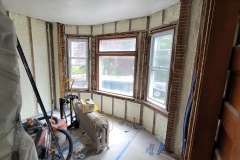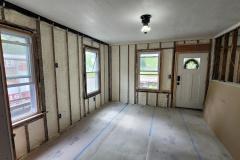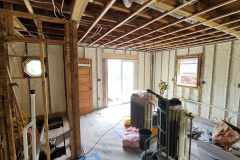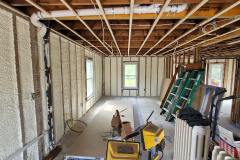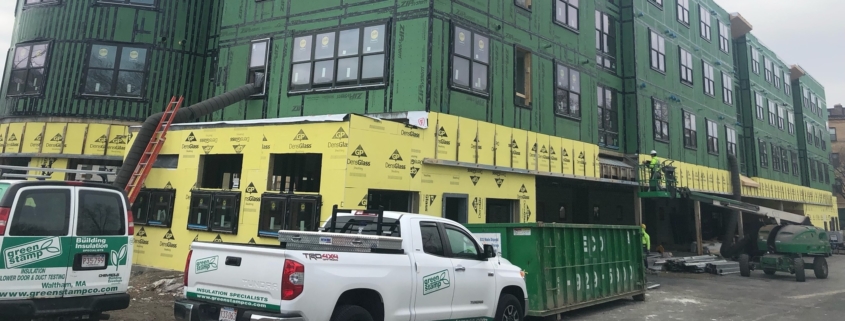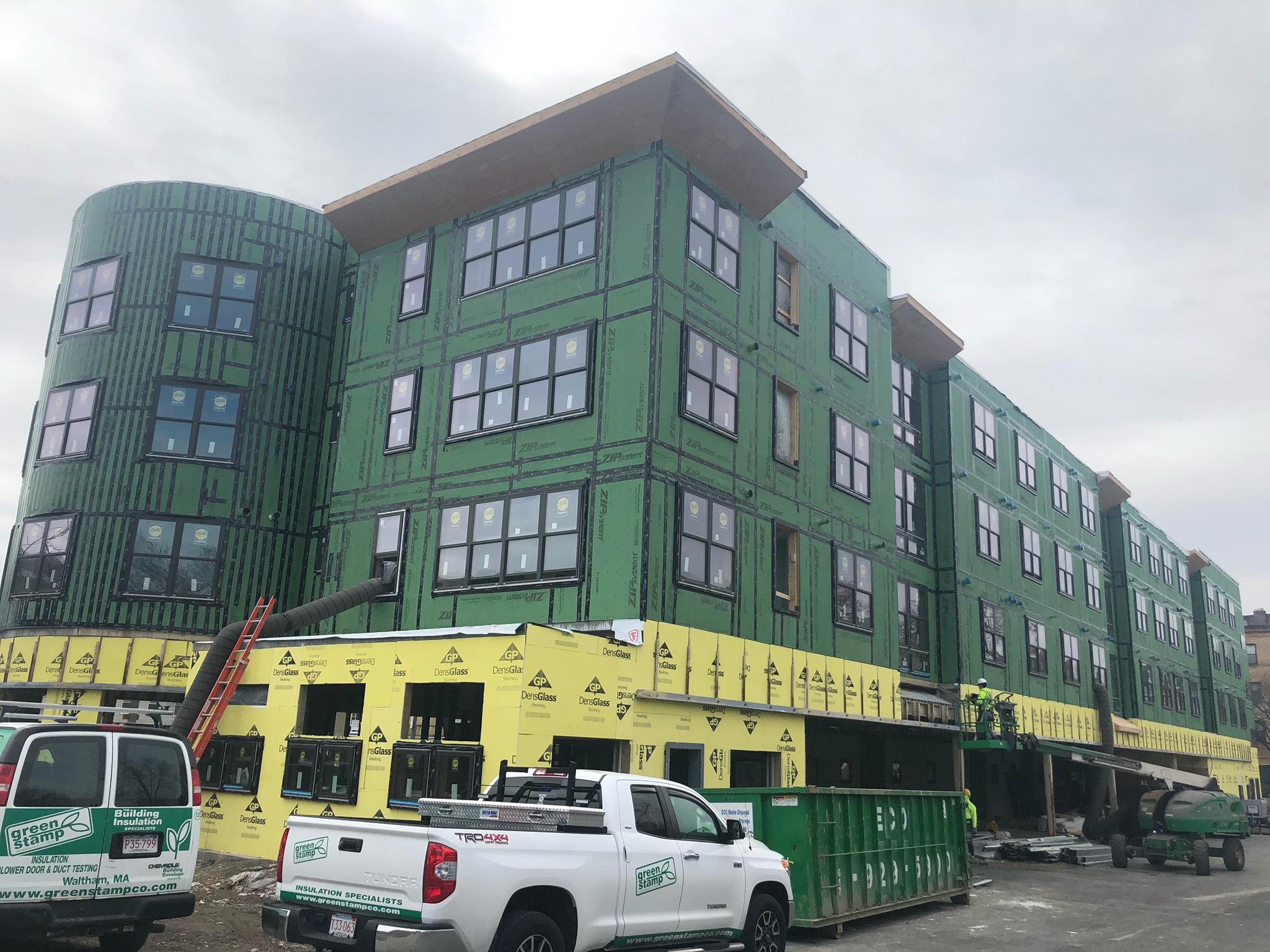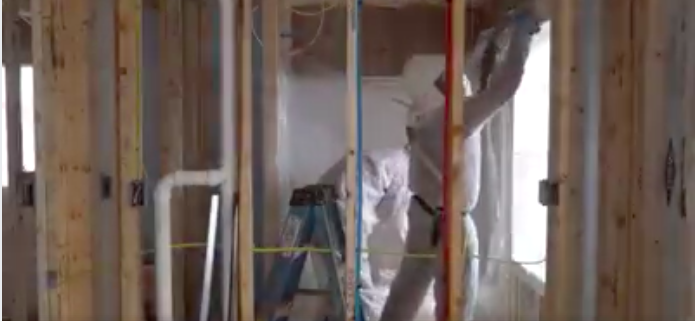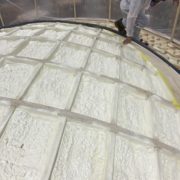Stricter HERS Ratings Requirements for 2024
New Homes In Massachusetts Need to Be More Energy Efficient
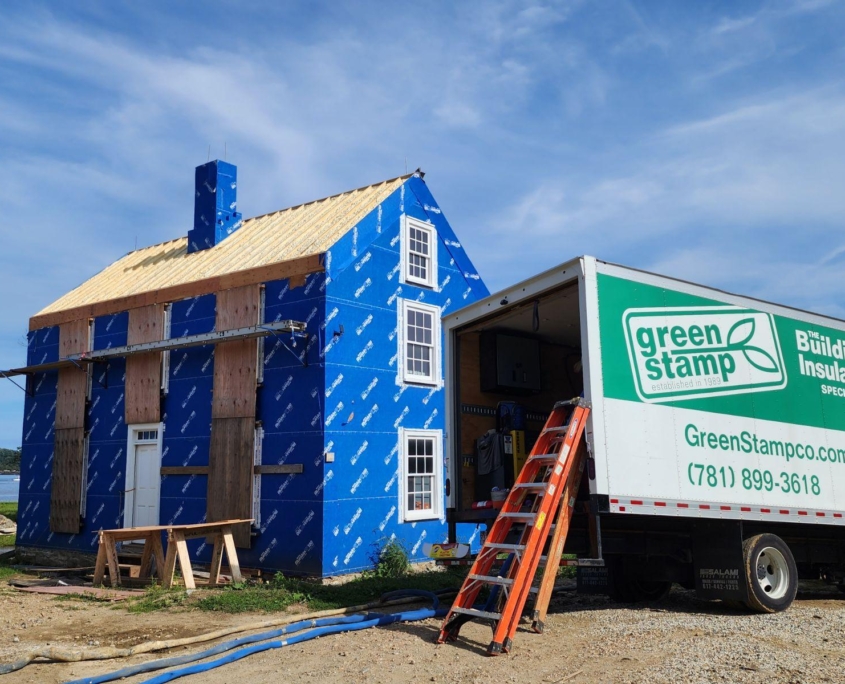 The HERS Rating System is a home energy performance measurement. The rating score provides builders and homeowners an idea of how well a home ranks in terms of energy use and comfort. The lower the score the better.
The HERS Rating System is a home energy performance measurement. The rating score provides builders and homeowners an idea of how well a home ranks in terms of energy use and comfort. The lower the score the better.
For new residential projects, the HERS Rating score has been progressively declining.
Starting January 1, 2023, and effective through June 30, 2024, the maximum HERS Index for new home will go down from the current 55 to a 52. Then, beginning July 1, 2024, the maximum HERS Index score will drop to a HERS 42.
This significant drop means builders and subcontractors with new projects could be at risk. Adjustments to the project to meet the new HERS 42 requirement could include the need to replace equipment or cause delayed closings.
There are several factors that will help to make a home more energy efficient. In our expert opinion, spray foam insulation can play a big part.
Here are some benefits of spray foam insulation:
- Effective at sealing small holes, seams and cracks, creating a vapor barrier
- Versatile material can be installed in any home, in any space
- Easier to apply in hard to seal places than fiberglass
The bottom line is spray foam insulation will help achieve a lower HERS score. Contact us to speak with one of our experts.


